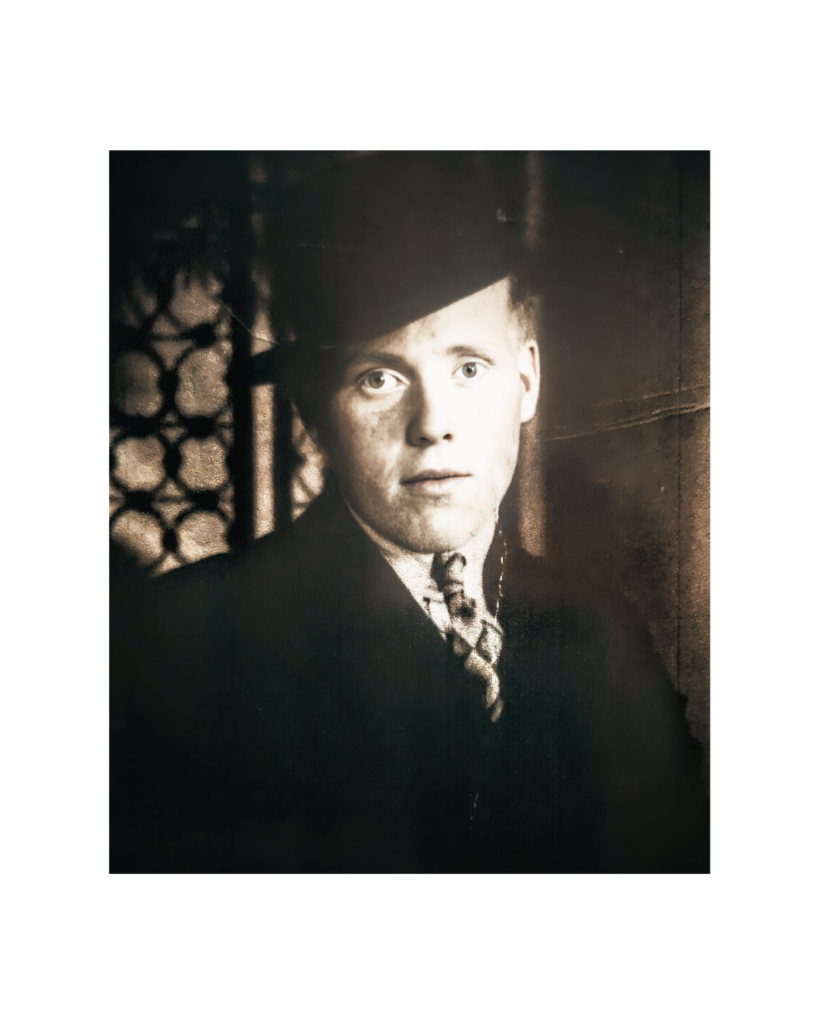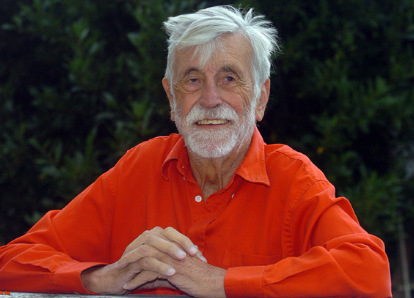The personal legacies of VE Day
Over the last week I have watched the celebrations and commemorations ahead of Victory in Europe Day, or VE Day, that have been taking place across the country. They are always a delicate balance between celebrating the end of the war and reflecting on the immense sacrifices made by so many.

(Above: Taid)
For me, VE Day carries a deep significance both personally and professionally. My grandfather (we called him Taid), like so many of his generation, served in the war. He wasn’t a general or a famous figure; he was a regular soldier, serving in the Royal Artillery. His first language was Welsh, so when he went to war, he found himself amongst English speaking soldiers in foreign lands. This must have been so isolating and overwhelming for a 19-year-old farmer’s son. He rarely spoke of his experiences and when he did, the stories were grandson-friendly, tales of off duty escapades and the climate differences between North Africa and the Rhondda Valleys. Every year I try and imagine the relief he must have felt on that day, the knowledge that the fighting was finally over in Europe, and that he could return home to his family and friends.
The original VE Day was a day of jubilant celebration, of street parties and dancing, a collective release of years of pent-up anxiety and grief. We lost so many, but for the lucky ones, they could be reunited with loved ones and return to the communities from where they came. For many the memories and trauma have sat heavily on them, while others were able to use this profound experience to do extraordinary things. These stories remind us that war is not an abstract concept; it is a deeply human experience, lived and endured by ordinary people.

(Above: Abbeyfield founder Richard Carr-Gomm)
One such story resonates with the work I do today. It’s the story of Richard Carr-Gomm, a young officer who returned from the war with a profound sense of purpose. Carr-Gomm had witnessed first hand the isolation and loneliness experienced by many older people in his community. Inspired by a desire to combat this, he used his army gratuity to purchase a house in South London, offering an alternative family unit for a group of older neighbours. This simple act of compassion, born from the aftermath of war, laid the foundation for Abbeyfield movement, a network of independent societies across the world that support older people to live independently.
Taid returned from the war to the Rhondda Valleys where he became a bus driver, union leader and well-known community figure. His contributions to his community, while less high profile than Mr Carr-Gomm’s were valued by his friends and neighbours and continue to make me proud today.
Big acts of compassion like Richard Carr-Gomm’s as well as the quiet relief that Taid and countless others must have felt in getting home, illustrate the profound and lasting impact of World War II. Beyond the cheering crowds and celebratory headlines, VE Day marked not just the end of a devastating conflict, but also the beginning of a renewed commitment to community and human connection. This legacy, which is now at risk in many parts of the world, continues to inspire so many, to do so much good for others. Personally, I see Taid in myself every day, in how I engage with others and how I contribute my community.
They shall not be forgotten.